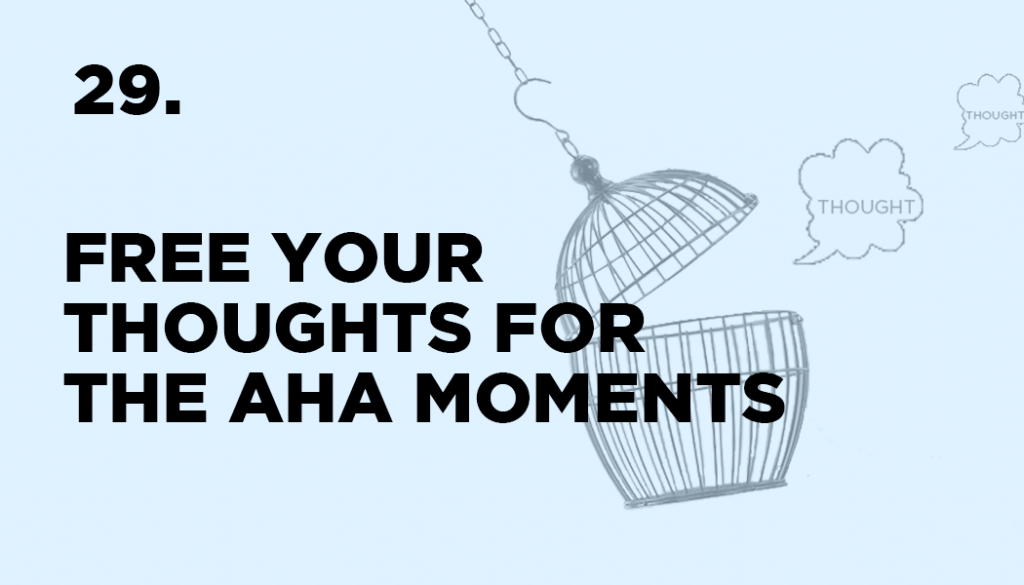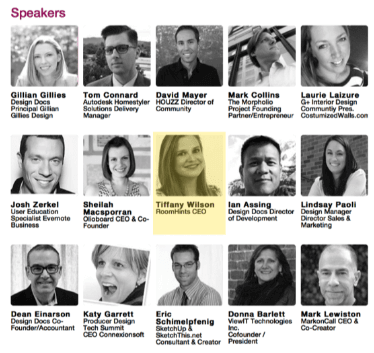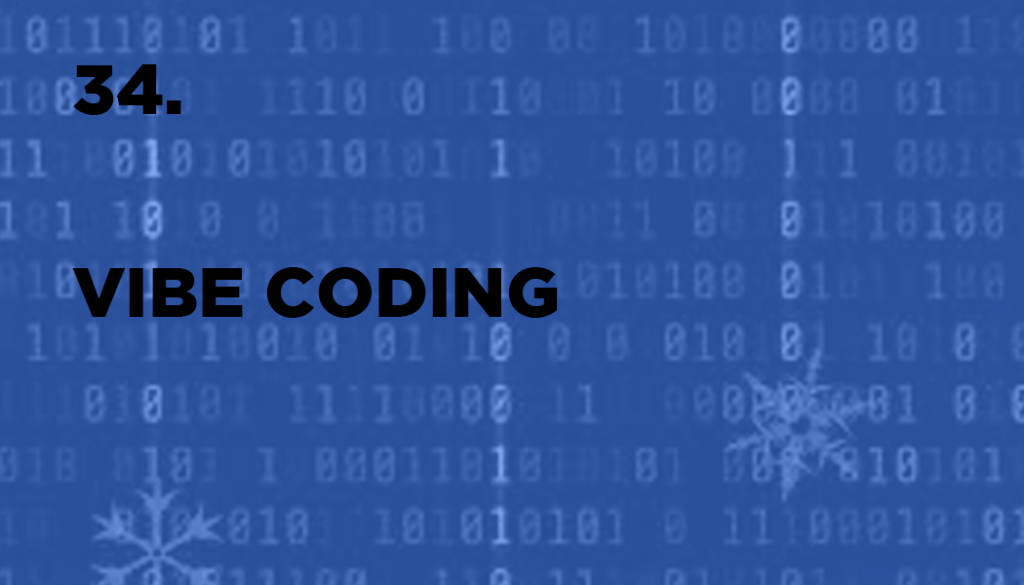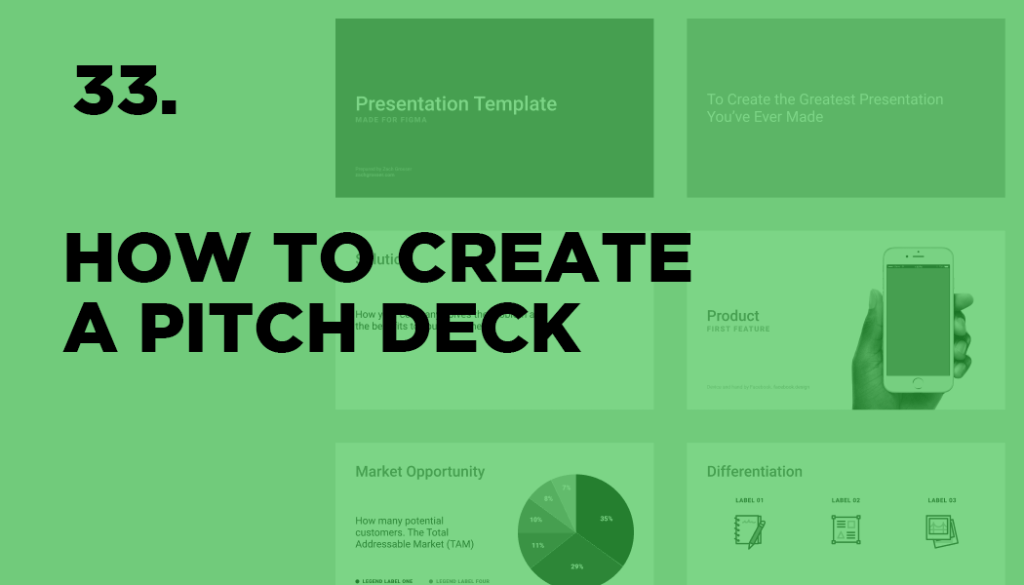“An artist might spend five minutes sketching an idea for a project, and think very little of it. They might sense the seed of something great, and then spend hours or years trying to develop it into something more. But it is possible that the initial sketch or demo, born in all of five minutes, was actually the best version, the seed’s purest expression.”
Rick Rubin. The Creative Way
I have been building businesses for over 25+ years and looking back certain ideas popped into my head fast, with extraordinary clarity, and other ideas were like pushing a boulder up a mountain. It makes me wonder, how do I allow for clear solutions or ideas to pop into my head more often?
In 2010, while attending Parsons, the Newschool, for interior architecture, I learned that interior design was based on hand drafting and thousands of furniture, lighting, and material catalogs. In college I taught myself to code and knew software could help to modernize interior design. I spent over two years sketching ideas, thinking through different problems to solve, and building prototypes. Was it a product database? Do I focus the application on interior designers or customers?
A group of friends were visiting NYC from Toronto and I took them to “Sing, Sing” karaoke down in the Lower East Side. I got home that night at 2am and the name Roomhints popped into my head. I wrote it down. The next morning I met up with my co-founder and within five minutes explained. The startup will be a mobile app called, Roomhints. Users upload a photo of their room, and get hints as to how to furnish their space.
We built and launched Roomhints app within one month and overnight it had thousands of users. The idea and traction for the app happened so quickly that we didn’t believe it was a good idea and further tried to complicate it. We built in fancy features, like computer vision for analyzing room photos, an AI powered chat bot, and too many furniture options. Over and over, the initial idea, upload your room and get hints from a designer, was the best.
Now before getting too far into this article, let’s be clear, this article is discussing insight problem solving or otherwise known as “aha” moments. Insight problem solving is incredibly valuable for coming up with new ideas or finding solutions that do not have a set path to solve it. Whereas, the more common analytical thinking is used for problems in which known strategies have been laid out for solutions, such as arithmetic or scrum methodologies.
We learned these aha moments or insights happen when the dots in our brain connect and 99% of the time this happens when our thoughts are free. How do we free our thoughts?
- Be in a state of flow
- Play
- Step Away
1. State of Flow:
When in a flow state, I noticed I allow my thoughts to be free and I receive the answer in the moment vs. working off a plan or predetermined outcome.
One of the ways in which we acquired furniture and design partners for Roomhints mobile app was to speak at conferences. The first panel I spoke on was in Las Vegas, at the Design Tech Summit. For this panel, I spent a week preparing my answers to the questions sent by the moderator.
Day of, I answered the questions on the spot and didn’t even look at what I had prepared. Why did I change my answers in the moment? My pre planned answers did not seem relevant to the audience that was present that day and brilliant insights to the questions were coming on the spot. I entered into a state of flow with the other speakers on the panel and the moderator.
Speaking on panels at conferences helped me to practice being confident without a plan, allowing my thoughts to be free and enter a state of flow.
Jonah Hill mentions in an interview that he improvised for the majority of The Wolf of Wall Street. The director, Martin Scorsese, noticed that his real-time actions felt more natural than what was on the script or in the plan.
2. Play
Play removes the pressure. Your mind shifts from “I have to solve this problem right now” to “let’s have some fun and see what happens.” When in a state of play your mind is relaxed and your thoughts are free.
When building Roomhints, the first three months, it was all built with a sense of play. My co-founder and I had no expectations. My co-founder enjoyed playing with new technologies such as, X code, and I would be super excited to test or play with the newest build each morning.
When we play, we experiment, we put different combinations together, it is this act that connects the dots to make something great quickly.
One of the most famous riffs in contemporary rock by The White Stripes, ‘Seven Nation Army’ was composed offhand during a soundcheck in Melbourne. “I was playing it for Meg and [Ben Swank, Third Man employee] was walking by,” recalls Jack. “I said, ‘Swank, check this riff out.’ And he said, ‘It’s OK.” That was it.
3. Step Away
We spent 100s of hours white boarding in WeWork conference rooms to find ways for making the app experience better for the customer. Back in the WeWork early days when you didn’t have to reserve the conference rooms by time and points! Drinking coffee out of the “Do What You Love” black coffee mugs and with a laser like focus we were not leaving that day until the problem was solved. Then one of us would walk to the bathroom, come back, and have the solution.
Stepping away from the problem allowed the thoughts to be free and the insight for the solution to come in.
The producer and director of the Oscar Award winning film, Free Solo, Chai Vasarhelyi mentions “my best ideas come when I am in transition.”
In a round of “Country Confessions,” country music singer, Shania Twain explained that she wrote her 1997 country-pop hit “From This Moment On” at, of all places, a soccer game. “I write best when I’m really bored and I have nothing else going on.”
Similarly, Tom petty mentioned “I just took a deep breath and it came out,” talking about the idea for his song Wildflowers. “The whole song. Stream of consciousness: words, music, chords. Finished it. I mean, I just played it into a tape recorder and I played the whole song and I never played it again. I actually only spent three and a half minutes on that whole song. So I’d come back for days playing that tape, thinking there must be something wrong here because this just came too easy. And then I realized that there’s probably nothing wrong at all.”
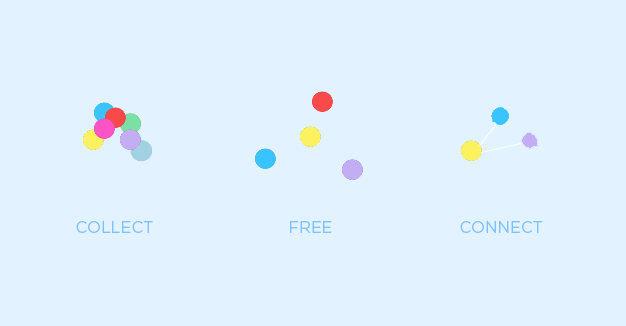
In conclusion, insight problem solving or “aha” moments are extremely valuable and can be harnessed by creating the right environment to let them come to you. Practice the art of receiving these brilliant insights by being in a state of flow, being playful, or stepping away/getting up from your desk! Pro tip: always keep a pad of paper or your phone near you as the insights can be forgotten as fast as they came in.
Have fun with it!

